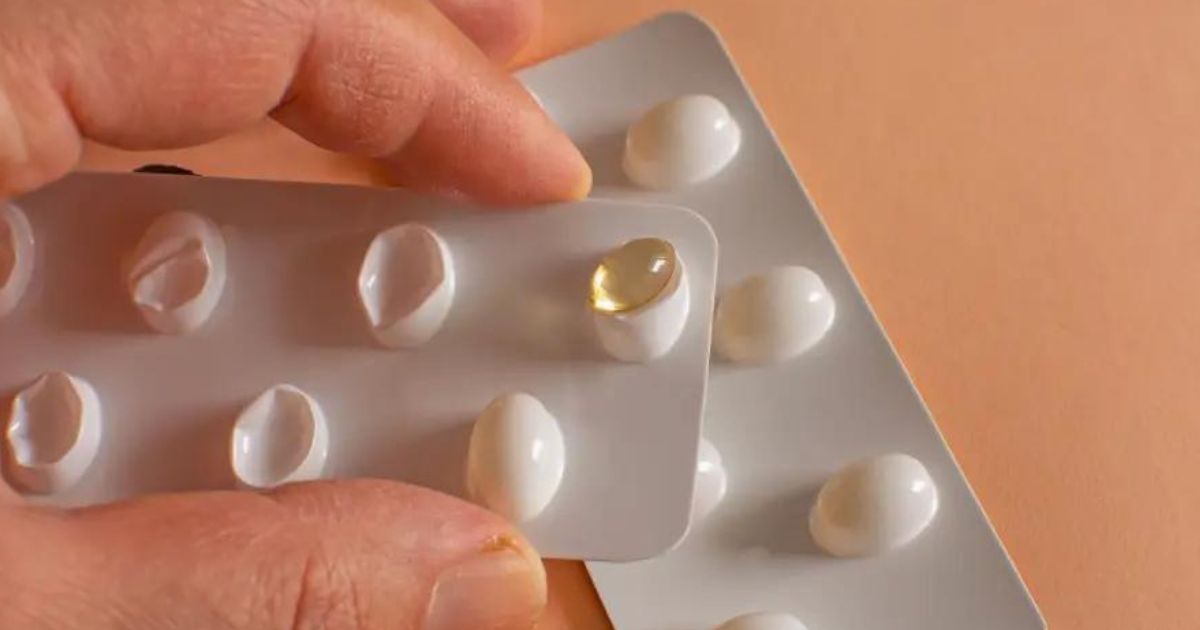A tragic incident has reignited concerns about the risks associated with vitamin D overdose, as experts warn of the dangers of overdose following the death of an 89-year-old man in suburban London, England.
David Mitchener’s demise has prompted local medical professionals to sound the alarm, cautioning the public about the potential hazards of consuming excessive amounts of the common supplement. Mitchener had been taking high levels of vitamin D for nine months leading up to his passing.
Coroner Jonathan Stevens expressed concern over the lack of explicit warnings regarding the specific risks and side effects associated with vitamin D supplementation. In his official report, Stevens highlighted the absence of adequate labeling on the packaging, emphasizing the need for action to prevent future fatalities.
Mitchener’s case revealed alarmingly elevated levels of vitamin D in his body, with post-mortem tests showing levels reaching 380, the highest recordable level by the laboratory. Harvard recommends a vitamin D level of 30 to ensure sufficiency among adults.
While the recommended dosage for most adults is 600 international units (IUs) per day, Mitchener’s intake far exceeded this threshold. According to medical experts, taking 60,000 or more IUs per day over several months can lead to overdosage, as indicated by the Mayo Clinic.
Vitamin D Overdose Led To Death
Mitchener initially sought medical attention for hypercalcemia, a condition characterized by excessive levels of calcium in the body, which is often induced by high vitamin D levels. However, the coroner’s report identified other contributing factors to Mitchener’s death, including congestive heart failure, chronic kidney failure, hypercalcemia, and Ischaemic Heart Disease.
Despite these multiple factors, the coroner emphasized the significance of the high concentrations of vitamin D found in Mitchener’s body, warning of the potentially serious risks and side effects associated with excessive supplementation.
The absence of appropriate warnings and guidance about dosage on packaging was highlighted as a concerning oversight by the coroner. Current food labeling requirements do not mandate the inclusion of these risks and side effects, raising further concerns about consumer awareness and safety.
In the United States, efforts by the Food and Drug Administration (FDA) to address the issue have focused on pressuring the pharmaceutical sector to reformulate potentially dangerous supplements to prevent excessive intake. The FDA has advocated for supplements to have less appealing appearances and tastes, aiming to deter consumers from overconsumption.
The tragic death of David Mitchener serves as a poignant reminder of the importance of informed and cautious use of supplements. As medical professionals and regulatory authorities continue to raise awareness about the risks associated with vitamin D supplementation, there is a pressing need for enhanced consumer education and stricter labeling regulations to safeguard public health.








Leave a Reply
You must be logged in to post a comment.